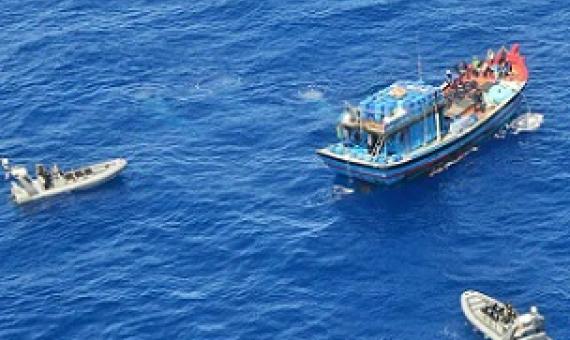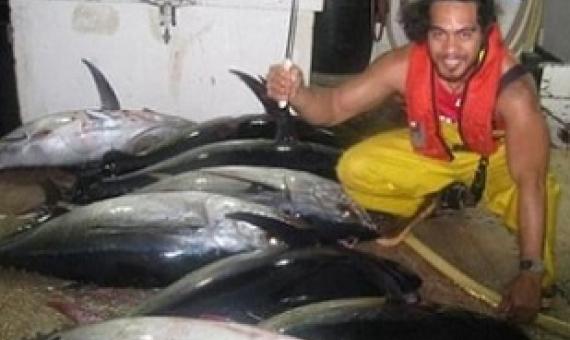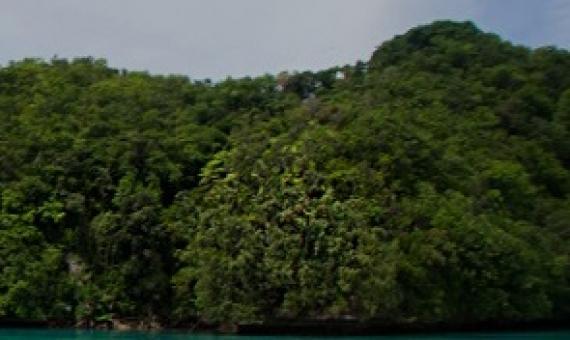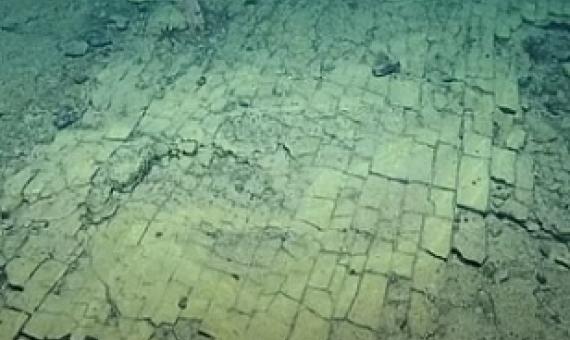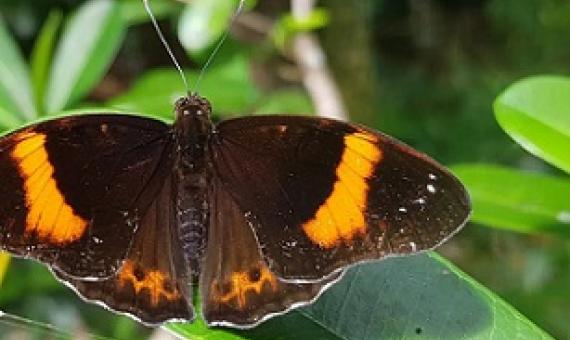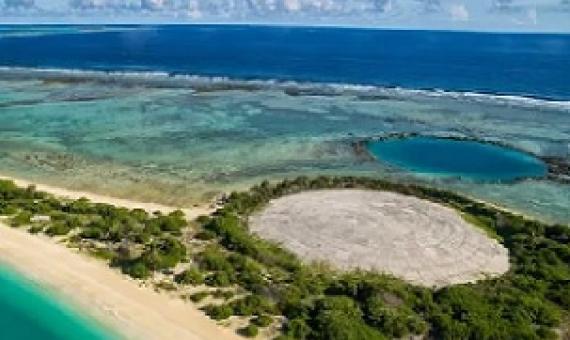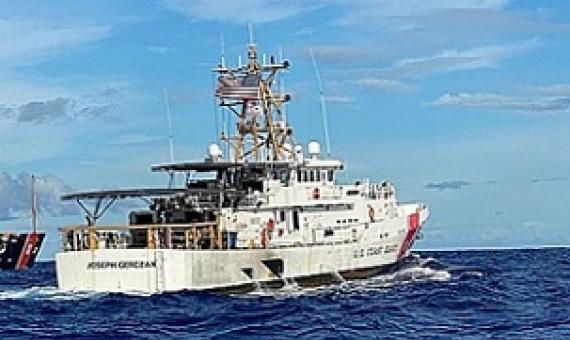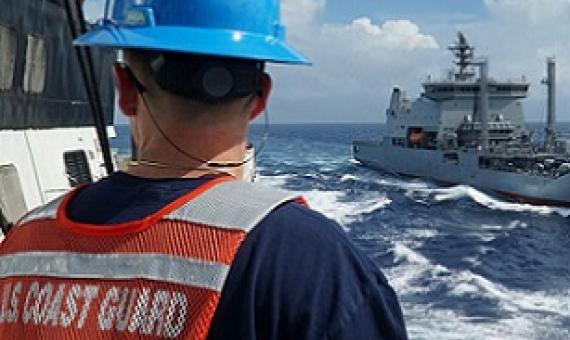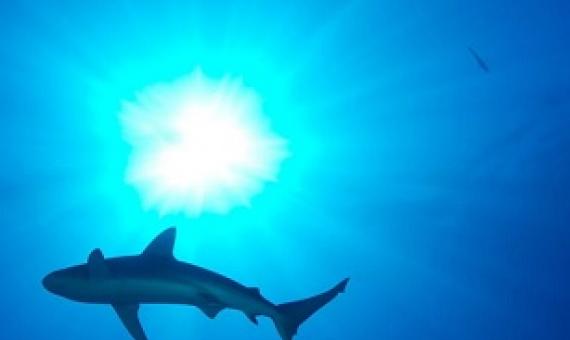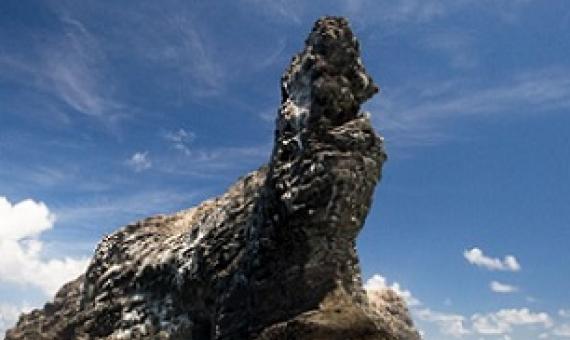A new satellite system is being deployed by a U.S.-led alliance to help Asian nations protect their seas from illegal, unreported, and unregulated (IUU) fishing.
Growing up in Samoa, Mario Esera would spend weekends fishing on reefs with his father. With minimal supplies—not much beyond a cooler of water and ice—they would pass the days catching their fill of fish. During these trips, Esera learned to identify a range of marine species.
The United States has signed a memorandum of understanding with Palau to strengthen the conservation and management of marine protected areas in the Pacific islands region, the U.S. State Department announced.
An expedition to a deep-sea ridge, just north of the Hawaiian Islands, has revealed an ancient dried-out lake bed paved with what looks like a yellow brick road.
An agreement between wildlife organizations and the U.S. Fish and Wildlife Service paved the way for the identification and protection of critical habitats for 23 species living on U.S.
A new scientific report suggests that the radioactive element strontium 90 is a more significant contamination factor in the northern Marshall Islands than has been acknowledged to date by the US Department of Energy. The new study, published in the Journal of Radiation Research and Applied
The U.S. Coast Guard said in a statement that the crew from the U.S.
The United States through its Coast Guard Cutter Stratton is continuing with its coordinated efforts to detect and halt illegal, unreported, and unregulated fishing as well as drug smuggling and transnational crime.
As of Jan. 1, it is no longer legal to fish for sharks in Hawaiian waters.
Names are essential. Hawaiian olelo ensures that traditional knowledge and values are recognized and perpetuated. Each name is an ode to generational stories, language, history, archeology, song and dance.

